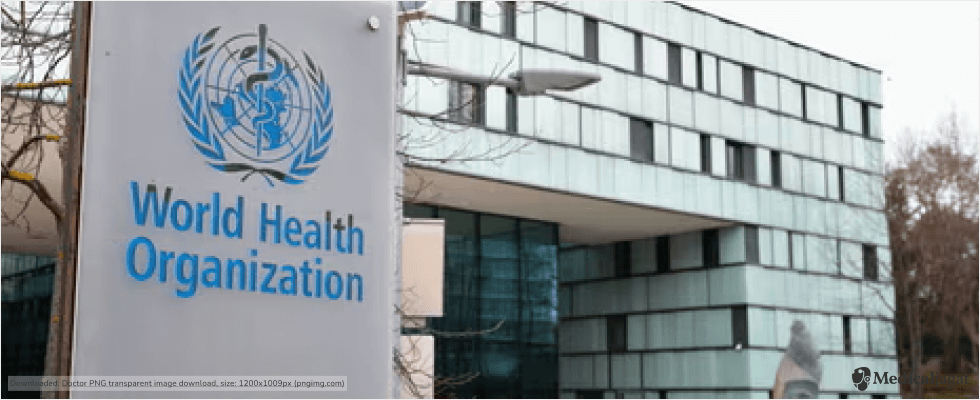
Many doctors in cities are warning that antibiotics, once highly effective in treating severe infections, are now failing. This failure is leading to increased mortality rates as well as prolonged and expensive treatments for survivors.
New Delhi: The thought of falling ill without effective medication for treatment may seem unlikely in today’s modern, tech-advanced world. However, according to medical experts, this scenario is unfolding almost daily in hospitals.
Doctors across urban areas have noted that antibiotics, which were once reliable against serious infections, are losing their effectiveness. This decline is causing more deaths and resulting in extended and costly care for those who manage to survive.
"Antimicrobial resistance (AMR) is a reality, silently spreading through hospitals and communities, endangering millions," says Dr. Ajay Shukla, director and medical superintendent at ABVIMS & RML Hospital.
AMR occurs when bacteria, viruses, fungi, and parasites evolve to resist the medicines meant to treat the infections they cause. As a result, antibiotics that once successfully treated these infections are now ineffective.
Visit this link MBBS
Medical professionals will delve into the issue of AMR at an upcoming session in a scientific program, organized by Doctors Without Borders/Médecins Sans Frontières (MSF) in collaboration with RML Hospital. The event, scheduled for Friday, will feature a full session titled ‘AMR of New Antibiotics and Associated Surveillance Systems: Barriers and Potential Solutions,’ highlighting the growing concern among healthcare workers globally.
Dr. Shukla emphasized the seriousness of AMR, explaining that minor cuts could become life-threatening and routine surgeries could turn into high-risk operations due to ineffective antibiotics. "The fight against antimicrobial resistance has already begun," he noted.
Dr. Mala Chhabra, senior consultant and associate dean (research) at RML Hospital, explained that many patients undergo multiple rounds of antibiotics, often without proper medical oversight. These patients develop drug-resistant infections, complicating treatment efforts.
Overcrowded healthcare facilities, inconsistent infection control measures, and delays in accessing effective diagnostic tools exacerbate the problem, frequently resulting in patient deaths. Physicians struggle to combat these infections, not because of a lack of knowledge but due to the diminishing efficacy of available antibiotics.
A 2022 study published in The Lancet reported that AMR was responsible for nearly 1.3 million deaths globally in 2019, with the highest impact in low- and middle-income countries, including India. However, the true scale of the problem is likely underreported due to inadequate diagnostic resources and inconsistent data collection. Vulnerable groups such as newborns, the elderly, and individuals with chronic illnesses are particularly at risk, according to experts.
Dr. Sujata E. Mathews, a professor in the department of medicine at RML Hospital, attributed the rise of AMR largely to human actions, citing easy access to over-the-counter antibiotics, improper prescriptions, and the lack of strict antibiotic stewardship. For years, antibiotics were overprescribed without adequate oversight or education on their appropriate use.
To address the AMR crisis, experts stress the need for several actions. Strengthening surveillance systems, improving the reporting of resistant infections, and enforcing national AMR policies are critical. In addition, global investment in the development of new antibiotics and alternative treatments is essential. Policymakers and pharmaceutical companies must prioritize research and development to discover new antimicrobials. Preventive strategies, including better sanitation, vaccination, and equitable access to appropriate treatments, especially in low- and middle-income countries, must also be expanded.















